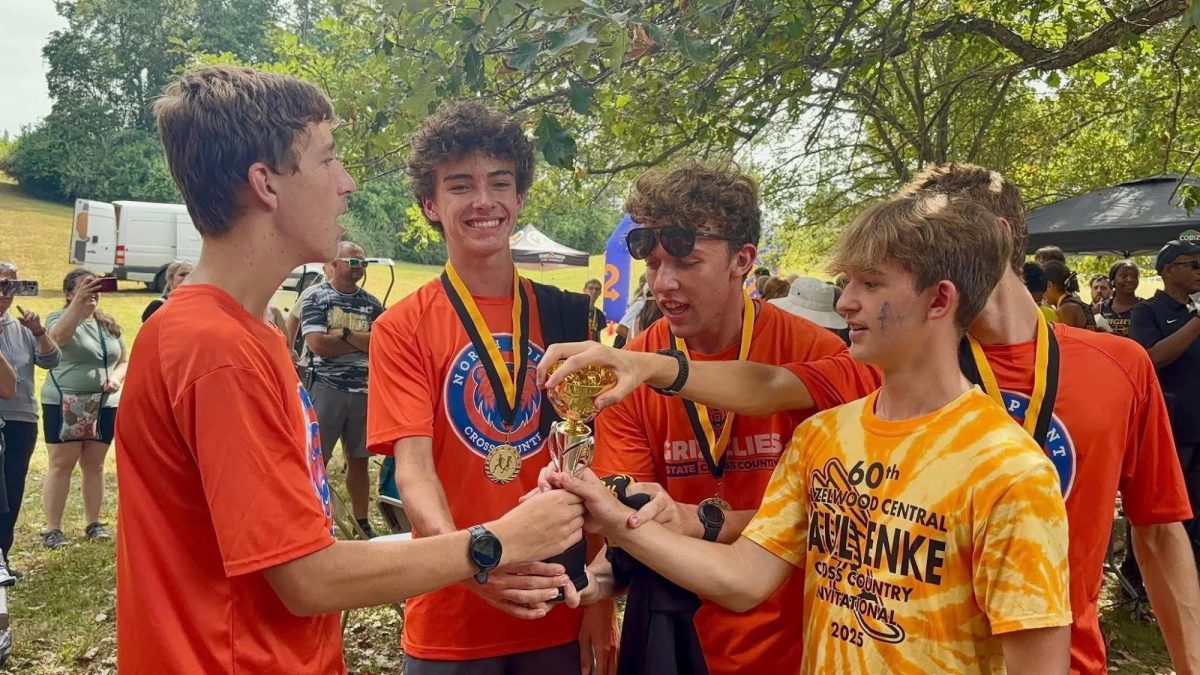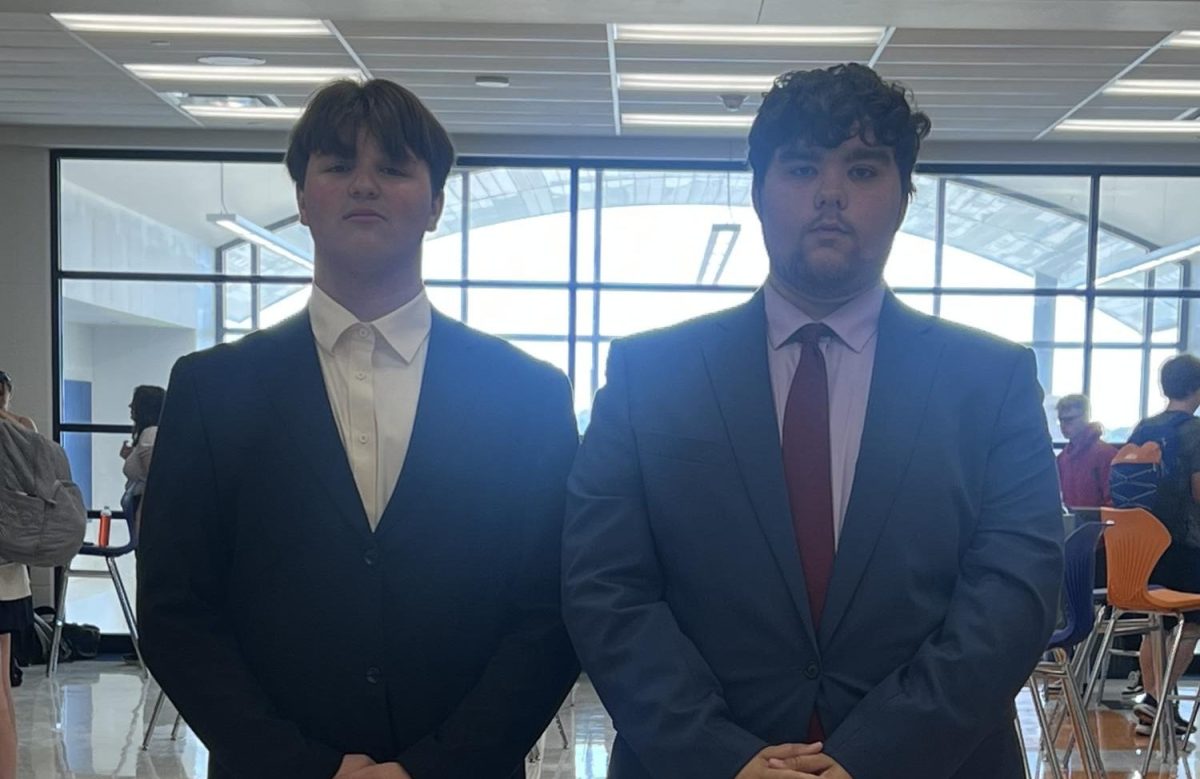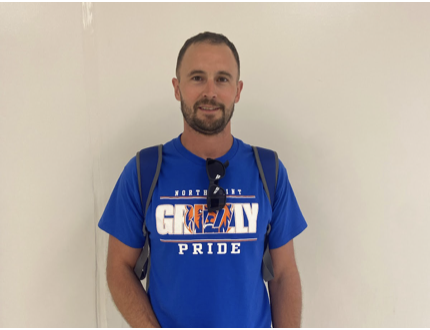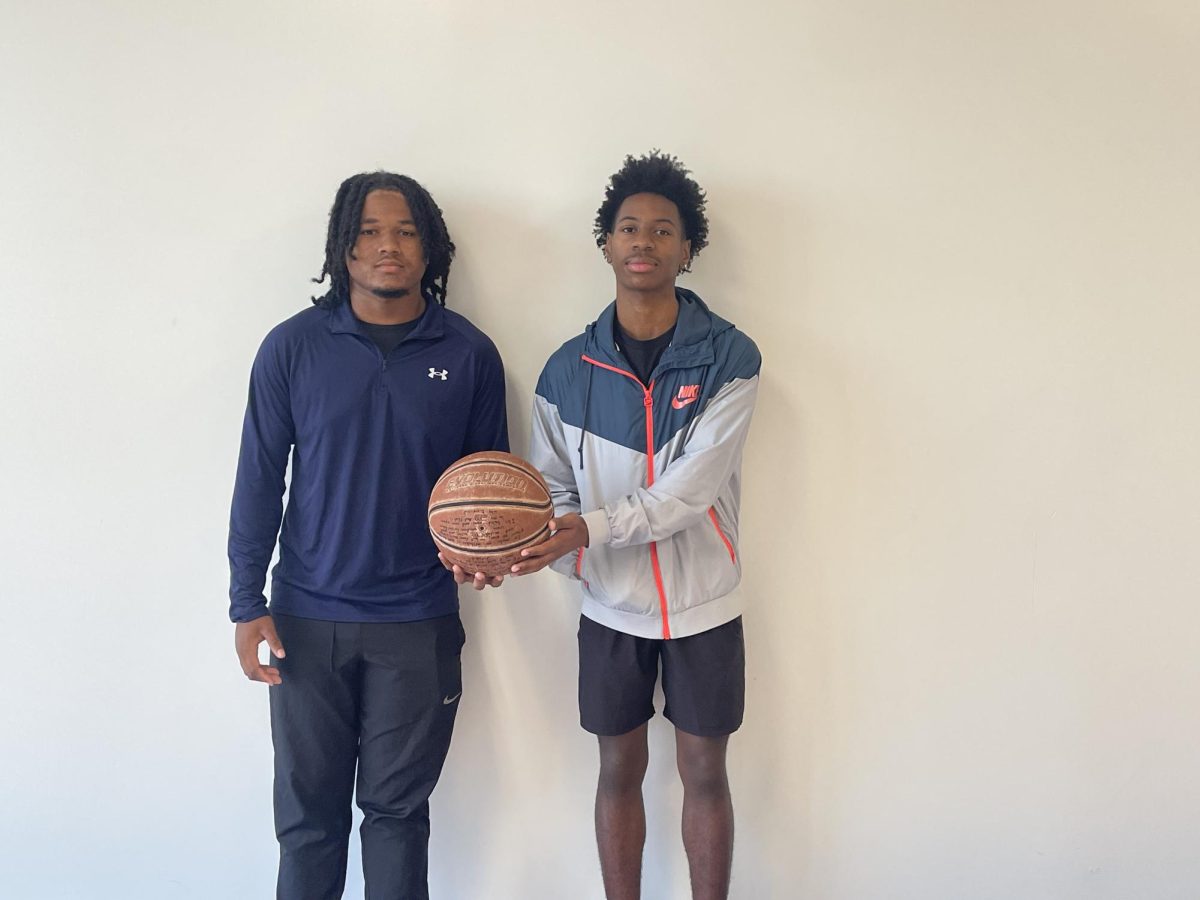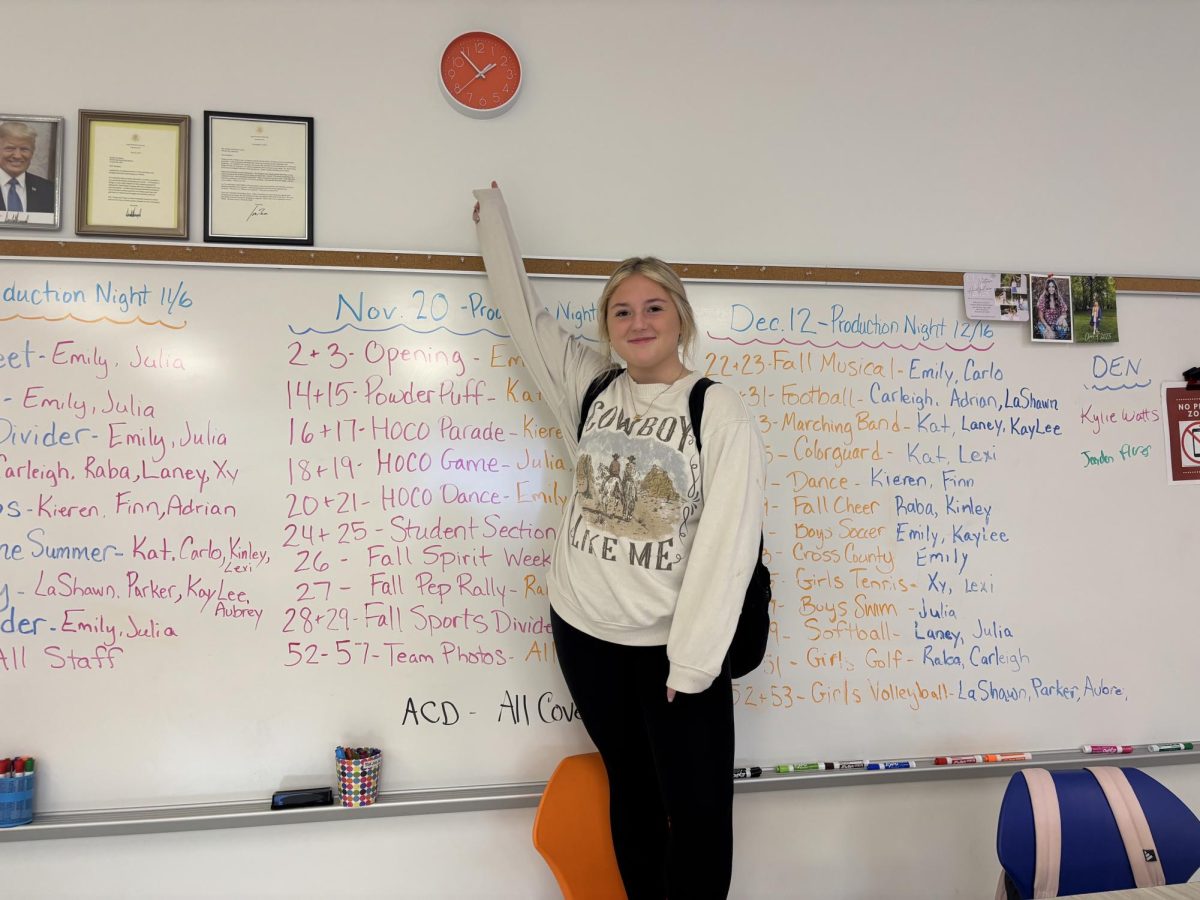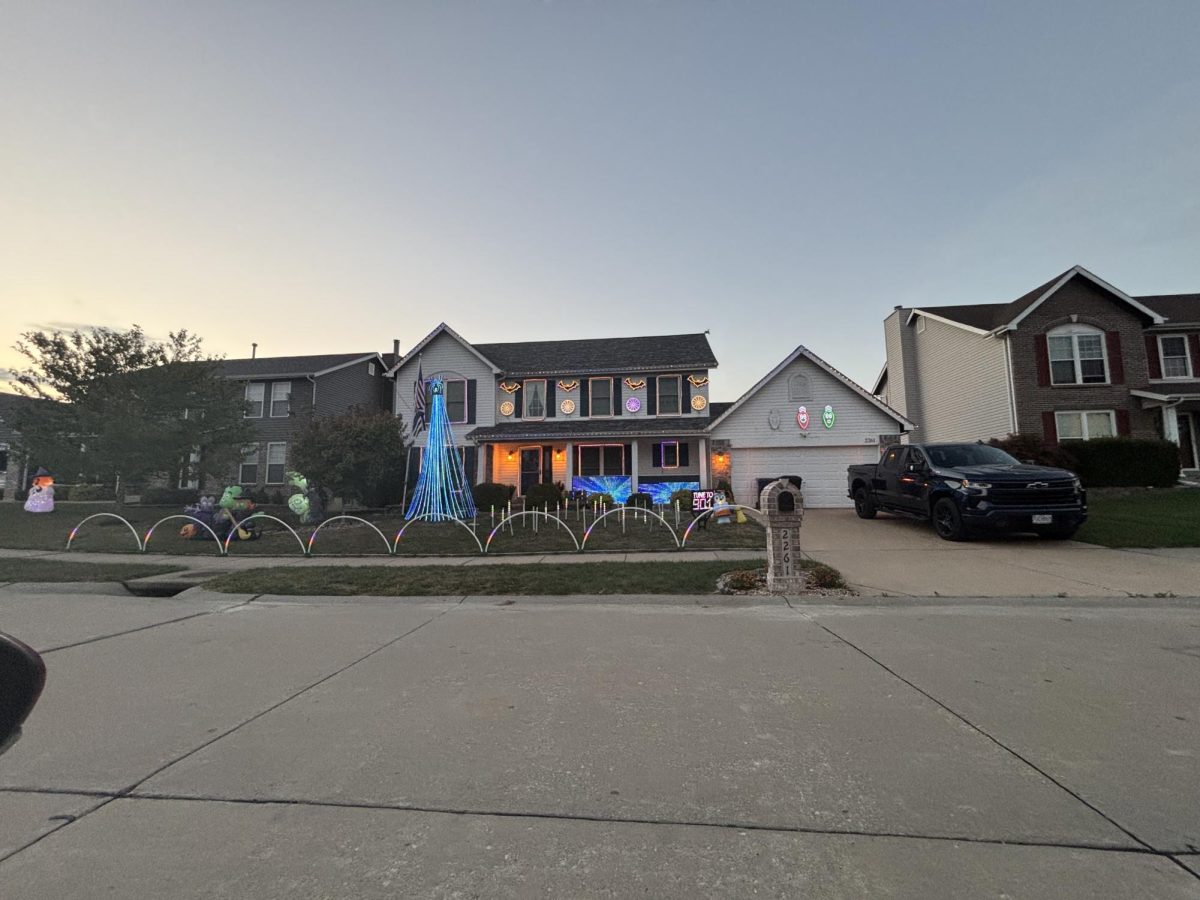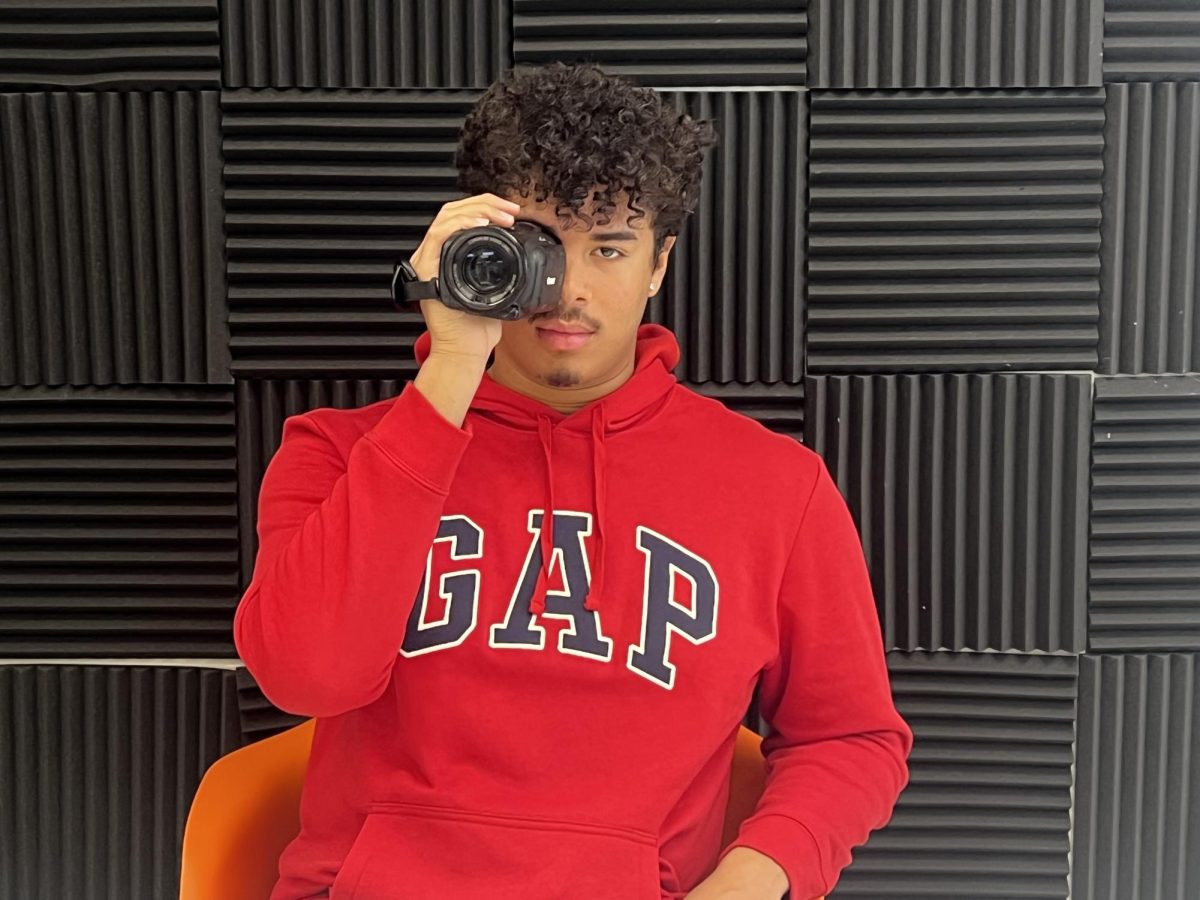
Music is a universal language that can transcend all boundaries and bring people together. It has the power to evoke emotions, memories, and feelings in ways that words cannot.
Whether it’s a catchy pop song, a soulful jazz melody, or a powerful symphony, music has the ability to deeply impact our lives. From ancient times to modern day, music has played a crucial role in shaping cultures, societies, and individual indentities.
It has the power to inspire, motivate, and comfort people in times of joy and sorrow. The diverse range of music genres allows people to find solace and connection in different styles, catering to various tastes and preferences.
It’s no wonder that music is often considered a form of therapy, capable of healing and soothing the soul. So, no matter what your mood or circumstance, there’s always a melody out there waiting to speak to you.
“Music speaks to me from the inside out,” Jackson Moulton (’26) said. “Music makes every emotion feel more intense. If I’m sad, sad music makes me feel sadder. If I’m happy, upbeat music makes me happier.”
Whether you’re searching for an energetic tune to lift your spirits or a melancholic melody to accompany your moments of introspection, music has an uncanny ability to mirror and validate our emotions, reminding us that we are not alone in our experiences.
“When I listen to DCI (Drums Corps International) and WGI (Winter Guard International; percussion) shows, it kind of wakes me up and gets me invested in what they are playing,” Jonathan Markle (’26) said. “And then if I’m listening to The Beatles or Queen, it’s like healing for my mental health, like it’s therapeutic for me and brings me back to my childhood.”
It is truly captivation how, regardless of our location on this planet, we are able to discover shared connections through the universal language of music. Its immense influence to stir emotions is undeniably remarkable. The universality of music truly units us in ways many other things cannot.
“Music makes me feel a lot of emotions,” Logan Zaleski (’27) said. “It’s a very integral part of my life, being a musician myself.”
Whether it’s the energy and precision of a drum corps performance or the nostalgic melodies of iconic bands, music possesses a unique power to transport us to different times and places, evoking emotions that resonate within all of us.
As Zaleski aptly puts it, music is not just a form of entertainment, but an essential part of our personal identity and creative expression.
Music has an incredible power to unite people. Whether we are listening to our favorite tunes alone in our bedrooms or singing along with a crowd at a concert, the shared experience of music has a way of bringing individuals together, bridging gaps and connecting people from diverse backgrounds.
Music is a powerful force that resonates deeply within the souls of individuals. For many, it serves as the cornerstone upon which their entire lives are built. It invigorates their spirits, ignites their passions, and provides solace during both joyous and challenging times.
The transformative power of music permeates every aspect of their existence, acting as a constant companion that evokes emotions, inspires creativity, and facilitates self-expression. Indeed, these individuals find profound meaning, purpose, and fulfillment in the harmonies, rhythms , and melodies that shape their lives.
Music intertwines with their very being, fueling their aspirations, forging connections, and illuminating their journey through the tapestry of existence. Through music, people find solace, joy, and self-discovery, creating a symphony of resilience, exuberance, and serenity that defines their extraordinary lives.



